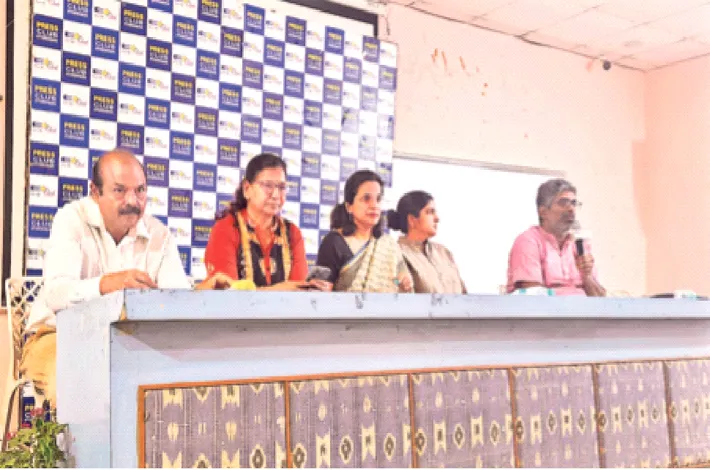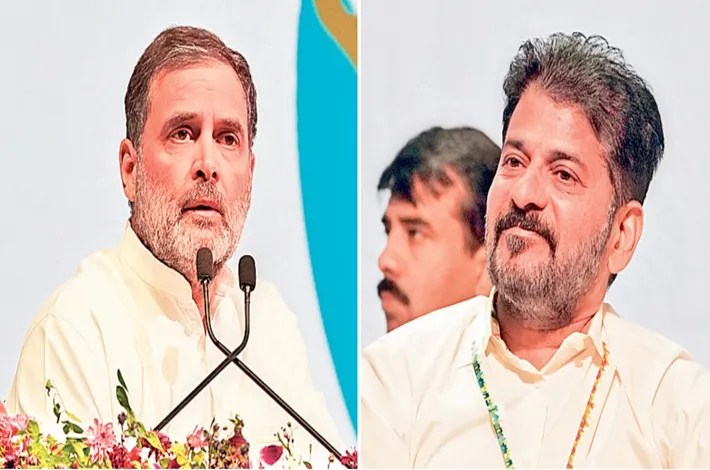DPDP Act, 2023: A grave threat to journalism
27-04-2025 12:00:00 AM

Experts warn that by restricting access to crucial information and exposing journalists to heavy penalties, the Act could fundamentally undermine press freedom in India.
metro india news I hyderabad
The recently enacted Digital Personal Data Protection (DPDP) Act, 2023 has raised deep alarm among journalists, activists, and civil society groups, who fear it could deal a severe blow to investigative journalism and the citizen’s right to information. Experts warn that by restricting access to crucial information and exposing journalists to heavy penalties, the Act could fundamentally undermine press freedom in India.
At a discussion organised by the Press Club Hyderabad in association with the National Campaign for People’s Right to Information (NCPRI), senior journalists and transparency activists gathered to highlight the dangers posed by the new legislation.
Anjali Bharadwaj, co-convener of the NCPRI, explained how amendments to Section 8(1)(j) of the Right to Information (RTI) Act effectively insulate public officials and government dealings from public scrutiny. "As a citizen and transparency activist, I am deeply concerned.
Earlier, personal information could be disclosed if it related to public activity or served public interest. With the DPDP Act, that vital safeguard has been erased. Journalists will now be denied access to key information about government contracts, loan defaulters, and public officials," she said.
Amrita Johri, also from NCPRI, expressed grave concern over Sections 36 and 44 of the Act, which empower the government to demand data from any organization, including media houses, and remove the public interest override in the RTI Act. "Section 36 threatens the confidentiality of journalistic sources—the cornerstone of investigative reporting. Section 44 weakens the RTI regime further. Without access to critical information, holding those in power accountable will become nearly impossible," she cautioned.
RTI Activist Rakesh Dubbudu elaborated on the chilling effect the Act could have on freedom of speech and expression, protected under Article 19 of the Indian Constitution. He warned that violations could attract fines up to Rs 500 crore, with exemptions solely at the discretion of the government. "This selective exemption power creates an environment of fear, where independent journalists critical of the government could be harassed, while media houses towing the official line could be spared," he said.
Speakers also pointed out that earlier drafts of the DPDP Bill had included exemptions for journalists, but the final Act removed them. Despite representations from the Editors Guild of India and a letter signed by 130 opposition MPs demanding amendments, the government has remained unresponsive.
The session saw active participation from Press Club Hyderabad leaders including General Secretary R. Ravikanth Reddy, Vice President C. Vanaja, and EC members V. Bapu Rao, Padmavathi, and Tigulla Srinivas, along with several senior journalists. The meeting concluded with a strong call for collective action by the media fraternity to safeguard press freedom and uphold the citizens' right to know.








